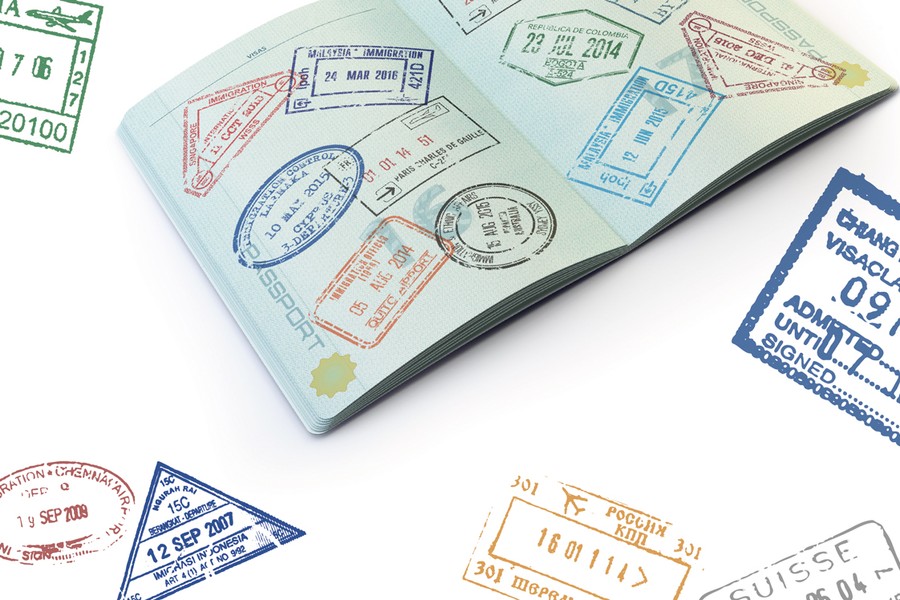In the mid-1990s, the internet was still a curiosity, and few could foresee how it would reshape entire industries. Among the early pioneers was a small start-up in Connecticut called Priceline. Founded in 1996, it introduced a concept that challenged the norms of travel booking: allowing travellers to name their own price.
The idea was simple but unconventional. Travellers would bid for flights and hotel rooms, and suppliers could choose whether to accept the offer. This reverse auction model attracted public interest and media attention, positioning Priceline as an innovator in the emerging digital economy.
Over the next three decades, Priceline underwent a quiet but significant transformation. Today, it operates under the name Booking Holdings and is recognised as one of the largest online travel agencies globally. The company facilitates over 1.1 billion room nights annually and supports a portfolio of well-known brands including Booking.com, Priceline, Agoda, Kayak, and restaurant reservation service OpenTable.
Unlike traditional travel providers, Booking Holdings does not own physical assets such as aircraft, hotel rooms, or restaurants. Instead, it provides digital access to travel services, acting as the infrastructure behind millions of leisure journeys worldwide.
A pivotal moment in the company’s evolution came in 2005, when it acquired a relatively unknown Dutch start-up called Booking.com for just over $130 million. Founded in 1996 as Bookings.nl by a university student, the platform had built a strong presence in Europe. Its agent-based model, where customers paid at the hotel rather than upfront, resonated with both travellers and independent hotels.
Rather than integrating Booking.com into its existing systems, Priceline allowed it to operate independently. This decision preserved its entrepreneurial culture and operational agility, ultimately proving transformative. Booking.com grew rapidly, becoming the cornerstone of the group’s international expansion.
Today, Booking Holdings operates an asset-light model that enables scalability without the burden of fixed assets. It earns revenue through three primary channels:
The merchant model, which accounts for approximately 60% of revenue, involves bulk purchasing travel inventory at discounted rates and reselling it at a markup. This approach provides pricing control and supports additional income streams such as customer service fees, credit card rebates, and travel insurance.
The agency model contributes around 36% of revenue. In this model, Booking acts as an intermediary, earning commissions by connecting travellers with service providers without handling payments directly. It is valued for its margin efficiency and relatively low operational complexity.
Advertising represents roughly 5% of revenue. Through platforms such as Kayak, the company monetises travel-related search traffic, adding incremental income and enhancing visibility across the travel ecosystem.
Two structural advantages reinforce Booking Holdings’ position in the market. Network effects create a cycle where more users attract more suppliers, and vice versa. Scale economies allow the company to spread costs across a high volume of transactions, improving profitability and operational efficiency.
Looking ahead, the company is investing in what it calls the connected trip. This initiative aims to create a seamless travel experience where flights, accommodation, dining, and activities are booked in one integrated flow. Artificial intelligence plays a central role, with large language models supporting real-time updates and personalised recommendations.
Financially, Booking Holdings has demonstrated resilience. Over the past decade, it has delivered a compound annual growth rate of 11% in sales. Operating margins have averaged 29%, rising to 34% when excluding the pandemic years. The company maintains a conservative balance sheet, with a net debt to EBITDA ratio of 0.13 times, providing both stability and flexibility.
However, risks remain. A global economic downturn could significantly impact consumer spending, particularly in leisure travel, which is Booking Holdings’ core focus. Although the company has historically gained market share during adverse conditions due to its appeal to price-sensitive, brand-agnostic travellers, such environments can still compress margins and reduce return on capital employed.
Competition from large technology firms entering the travel sector also presents a structural challenge. Google, for example, previously launched hotel search functionality and continues to expand its artificial intelligence capabilities, raising the bar for customer acquisition and retention. While these firms currently lack direct relationships with hotels and act primarily as intermediaries, their scale and data assets could enable rapid disruption if they choose to invest meaningfully in travel.
In addition, the pace of technological change, particularly in generative AI and large language models, threatens to reshape the customer journey. Booking Holdings has responded with initiatives such as the AI Trip Planner, which can answer travel-related questions and suggest itineraries, and voice-enabled agents, which aim to create a digital travel agent experience. Nevertheless, the risk remains that competitors with deeper AI integration or superior user interfaces could erode Booking’s dominance in search-led discovery and conversion. As direct bookings increase and consumers seek more personalised, frictionless experiences, the company must continue to innovate or risk losing its competitive edge.
Please note that the value of securities and the income from them may go down as well as up and you may not receive back all the money you invest. Past performance is not a reliable indicator of future results. Any views expressed are those of the author.



